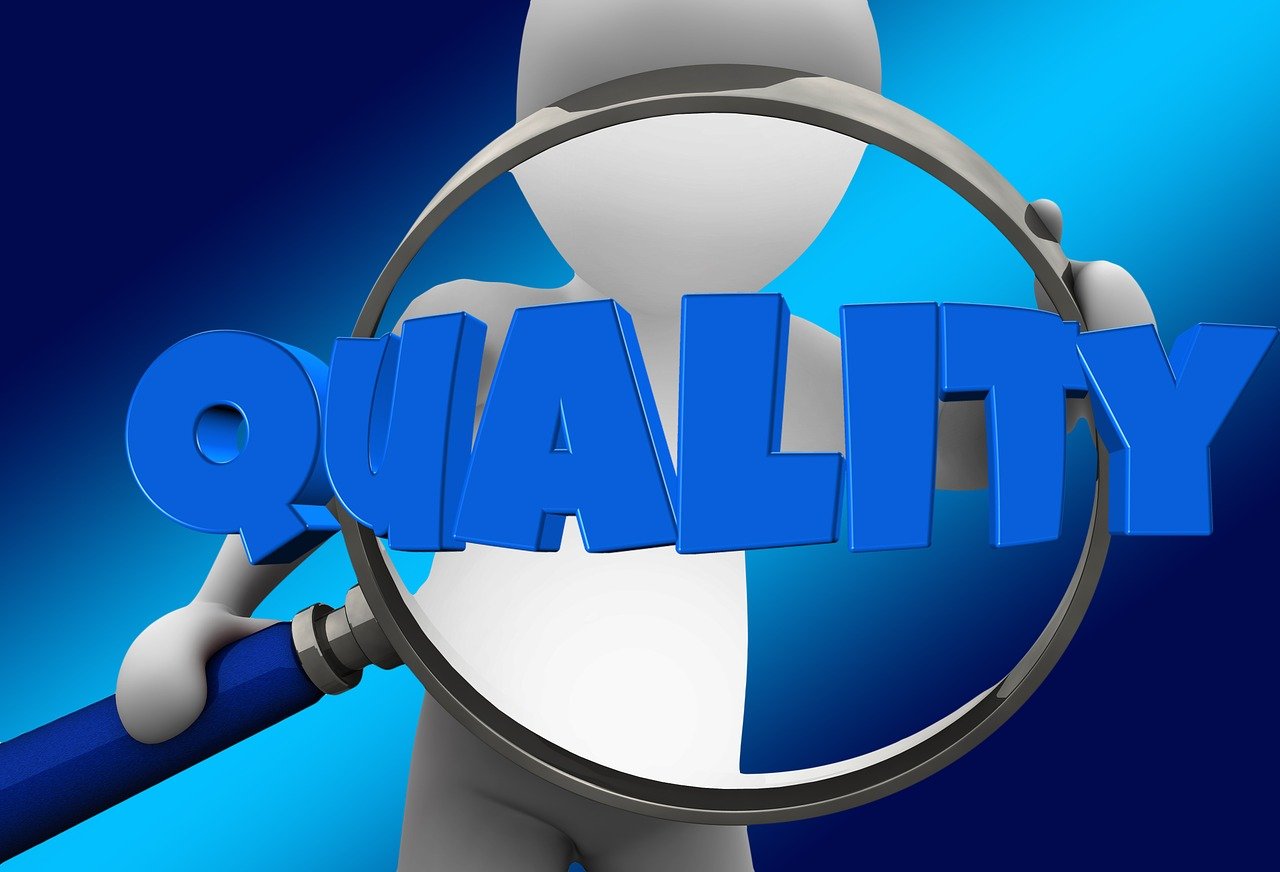The Imperative for Harmonization: Applying UK Assurance Standards to Meat Imports
The debate over whether imported meat should adhere to the same rigorous assurance standards applied to domestic UK production is central to food security, animal welfare, and fair trade. For decades, stakeholders—from farmers and consumers to regulatory bodies—have argued that maintaining a level playing field requires imported products to meet, or demonstrate equivalence with, the high benchmarks set by schemes like Red Tractor and RSPCA Assured.
This principle, often referred to as the ‘level playing field’ argument, is critical for maintaining consumer confidence and protecting the integrity of the UK’s domestic farming sector. As the UK navigates its independent trade policy in 2025, understanding the current UK meat import standards and the regulatory mechanisms governing them is essential.
Historical Context: The 2006 FAWC Recommendation and Its Legacy
The push for applying domestic standards to imports is not new. In 2006, the Farm Animal Welfare Council (FAWC), a key advisory body to the UK government, issued a strong recommendation that imported meat should be produced to standards equivalent to those required of UK farmers. FAWC’s concern centered on the ethical dilemma of allowing lower-welfare imports to undercut domestic producers who invest heavily in meeting stringent UK welfare requirements.
From FAWC to the Animal Welfare Committee (AWC)
While FAWC was dissolved and its functions transferred, its core principles regarding import standards were inherited by successor bodies. Today, the Animal Welfare Committee (AWC) continues to advise the Department for Environment, Food and Rural Affairs (DEFRA) on policy, including the implications of trade deals on animal welfare. The legacy of the 2006 recommendation remains a foundational element in discussions about UK meat import rules—specifically, the insistence that equivalence, if not identical standards, must be proven for all imported products.
Current UK Meat Import Rules and Regulatory Framework (2025)
Post-Brexit, the UK has established its own independent regulatory regime for food safety and animal health. This system dictates the uk beef import requirements and those for all other meat products, prioritizing public health and biosecurity.
Post-Brexit Trade Dynamics and the UK’s Independent Policy
Under the current framework, all third-country imports must comply with UK sanitary and phytosanitary (SPS) measures. This means that while the UK may accept different production methods, the final product must achieve the same high safety and health outcomes as UK-produced meat. This is the concept of ‘equivalence’.
However, the political challenge lies in animal welfare. While the UK can legally set its own standards for domestic production, World Trade Organization (WTO) rules make it difficult to impose specific production methods (like banning certain housing systems or feed types) on imports, unless those methods directly impact food safety or public health.
Key Regulatory Bodies: DEFRA, FSA, and APHA
Several government agencies oversee the enforcement of UK meat import restrictions:
- DEFRA (Department for Environment, Food and Rural Affairs): Sets the overarching policy for animal welfare, environmental protection, and trade standards.
- FSA (Food Standards Agency): Responsible for ensuring food safety and hygiene standards are met for all meat entering the UK market. This includes rigorous checks on processing facilities and supply chain integrity. Readers interested in the consequences of failure should review our guide on meat recall food safety protocols.
- APHA (Animal and Plant Health Agency): Manages veterinary checks and biosecurity controls at the border, crucial for preventing the introduction of animal diseases.
The Core Debate: Equivalence vs. Alignment in UK Beef Import Requirements
When considering does the uk import beef and other meats, the central tension is between accepting equivalence (the outcome is safe) and demanding alignment (the production method is the same).
Defining UK Assurance Schemes
Domestic assurance schemes provide consumers with confidence that meat meets specific standards above the legal minimum. The two most prominent are:
- Red Tractor: Covers food safety, traceability, animal welfare, and environmental protection across the entire supply chain. It is the most widely recognized UK scheme.
- RSPCA Assured: Focuses specifically on higher animal welfare standards, often exceeding the requirements of Red Tractor in areas like space allowances and enrichment.
Applying these specific standards to imports is challenging because international suppliers operate under different legal and climatic conditions. For example, demanding that Australian cattle meet the exact housing requirements of UK cattle is impractical, but demanding equivalent welfare outcomes (e.g., freedom from disease, appropriate handling) is achievable.
Challenges of Non-Stunning Slaughter and Hormone-Treated Beef
Two major areas of contention regarding uk meat import restrictions are:
- Hormone-Treated Beef: The UK maintains a ban on importing beef treated with growth-promoting hormones, a restriction inherited from EU law. This remains a significant barrier to trade with countries like the US, where hormone use is common.
- Non-Stunning Slaughter: While non-stun slaughter for religious purposes (Halal and Kosher) is permitted domestically under specific exemptions, the welfare implications of importing meat from systems where stunning is not routinely practiced are often debated.
How Much Meat Does the UK Import? Volume and Key Trade Partners
Understanding how much meat does the uk import provides context for the regulatory burden. The UK is a significant net importer of certain meat types, particularly pork and poultry, though it maintains high self-sufficiency in lamb and beef.
In recent years, the UK imports billions of pounds worth of meat annually, making the standards applied to these volumes critically important for public health and economic stability.
Major Sources of UK Meat Imports
The primary sources for UK meat imports include:
- The European Union (EU): Historically, the largest source due to frictionless trade arrangements. Imports cover all meat types, particularly pork and processed products.
- Australia and New Zealand: Key suppliers of high-quality beef and lamb, often benefiting from favorable trade agreements.
- The Americas (US, Brazil): Suppliers of beef and poultry, though often subject to specific quotas and restrictions related to production methods (e.g., chlorine-washed chicken or hormone-treated beef).
Specific Requirements for Beef Imports from Australia
The UK-Australia Free Trade Agreement (FTA) has brought renewed focus to does the uk import beef from australia. While the FTA phases out tariffs, Australian imports must still comply with all UK SPS measures. Australia generally operates high-welfare systems, particularly for grass-fed beef, but the long supply chain necessitates stringent traceability and cold chain management to meet UK food safety standards.
Enforcement and Consumer Confidence: UK Meat Import Restrictions
Effective enforcement is the cornerstone of maintaining high UK meat import standards. The system relies on checks at the point of entry and ongoing surveillance.
Border Control Posts (BCPs) and Veterinary Checks
All meat imports from third countries must enter the UK via designated Border Control Posts (BCPs). At these posts, official veterinarians conduct checks on documentation, identity, and physical condition. This process is designed to ensure that the consignment matches the health certificate and that the meat is fit for human consumption, minimizing the risk of contamination or disease introduction.
Traceability and Supply Chain Integrity
Traceability is paramount. Imported meat must be traceable back to the farm of origin, allowing regulators to quickly identify and isolate issues if a food safety breach occurs. This requirement applies equally to raw ingredients used in processed foods, such as those that might be prepared using a stainless steel meat grinders guide. The integrity of the cold chain is also monitored closely, as temperature abuse is a major cause of foodborne illness.
Future Outlook: Trade Deals and the Maintenance of High Standards
The UK government faces ongoing pressure to ensure that future trade agreements do not compromise domestic standards. While trade deals aim to reduce barriers, they must include robust safeguards to protect UK consumers and farmers.
Future policy is likely to focus on:
- Mandatory Labeling: Clearer labeling requirements that specify the country of origin and, potentially, the production method (e.g., grass-fed, non-stunned) to empower consumer choice.
- Veterinary Agreements: Establishing strong veterinary agreements with key trading partners to facilitate faster, safer trade while maintaining the right to emergency border closures if biosecurity risks emerge.
- Digital Traceability: Investing in advanced digital systems to enhance the speed and accuracy of supply chain monitoring, crucial for managing the large volumes of meat the UK imports.
Learn More About Meat Processing and Safety
Maintaining rigorous standards, whether for imported or domestically produced meat, is vital for public health and industry reputation. For those involved in the meat industry, understanding the regulatory landscape is as important as mastering the equipment. We encourage readers to explore our editorial principles regarding food safety and quality assurance.
Frequently Asked Questions (FAQ)
Does the UK import meat from countries with lower animal welfare standards?
The UK requires all imported meat to meet its statutory minimum standards for food safety and public health. However, the UK currently accepts imports from countries whose production methods (e.g., certain housing systems or feed practices) may differ from, and sometimes be considered lower than, the standards required by voluntary UK assurance schemes like Red Tractor. The government maintains that the final product must meet UK legal safety requirements, focusing on equivalence of outcome rather than identical production methods.
What are the main UK meat import restrictions currently in place?
The primary restrictions include a ban on hormone-treated beef, a ban on chlorine-washed poultry, and strict adherence to UK sanitary and phytosanitary (SPS) rules. All imports must originate from approved establishments in approved third countries and undergo checks at Border Control Posts (BCPs).
How does the UK ensure the safety of imported meat?
The Food Standards Agency (FSA) and the Animal and Plant Health Agency (APHA) enforce safety through mandatory health certificates, physical inspections at BCPs, and ongoing surveillance. Imported meat must be traceable back to the farm of origin, and processing facilities in exporting countries must be officially approved by UK authorities following rigorous audits.
Does the UK import beef from Australia under the new trade agreement?
Yes, the UK imports beef from Australia. The UK-Australia Free Trade Agreement (FTA) facilitates this trade by removing tariffs, but it does not override the UK’s existing food safety and animal health regulations. Australian beef must still comply with all UK uk beef import requirements, including SPS measures and traceability standards.
What is the difference between equivalence and alignment in trade standards?
Alignment means the exporting country must use the exact same production methods and standards as the importing country (e.g., using the same specific housing system). Equivalence means the exporting country can use different production methods, provided they achieve the same high level of safety, health, and welfare outcome as the importing country’s standards. The UK generally seeks equivalence for most trade, though political pressure often pushes for closer alignment on high-profile issues like animal welfare.
References
- DEFRA. UK Animal Welfare Policy and Trade: Maintaining Standards in 2025. 2025. https://www.gov.uk/ “DEFRA Policy on UK Animal Welfare and Trade Standards 2025” — This official government publication outlines the current strategy for protecting domestic animal welfare standards in the context of new international trade agreements.
- Food Standards Agency (FSA). Imported Food Controls and Border Control Posts (BCPs) Requirements. 2025. https://www.food.gov.uk/ “FSA Guidance on Imported Food Safety and BCP Requirements” — Provides detailed regulatory guidance on the mandatory checks, documentation, and physical inspections required for all meat products entering the UK from third countries.
- Trade and Agriculture Commission (TAC). Report on the Impact of Free Trade Agreements on UK Farming Standards. 2025. https://www.gov.uk/government/groups/trade-and-agriculture-commission “TAC Report on FTA Impact on UK Farming Standards” — An independent review assessing how recent and proposed free trade agreements affect the competitiveness and regulatory burden on UK farmers, particularly concerning animal welfare and environmental standards.
Last Updated on October 14, 2025 by Robert Vance

